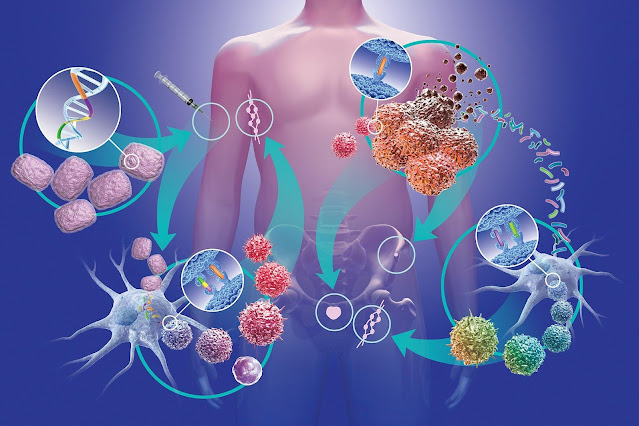Unraveling the Mysteries: Global Insights into Autoimmune Polyglandular Syndrome Type 1
 |
| Global Autoimmune Polyglandular Syndrome Type 1 |
Autoimmune Polyglandular Syndrome Type 1 (APS-1) stands as a
complex puzzle within the realm of autoimmune disorders. As researchers delve
deeper into its intricacies and clinicians strive for better management
strategies, global insights play a pivotal role in unraveling the mysteries
surrounding this enigmatic condition.
Global Prevalence and Epidemiology
- Diverse
Geographical Distribution: APS-1 exhibits variations in prevalence
across different regions, with certain populations showing higher
incidences.
- Ethnic
and Genetic Factors: Ethnic backgrounds and genetic predispositions
contribute to the epidemiological diversity of APS-1, highlighting the
importance of global perspectives in understanding its prevalence
patterns.
Clinical Heterogeneity and Diagnostic Challenges
- Multifaceted
Clinical Presentations: Global Autoimmune Polyglandular
Syndrome Type 1 presents
with a spectrum of clinical manifestations, ranging from endocrine
dysfunction to non-endocrine features such as mucocutaneous candidiasis
and ectodermal dystrophy.
- Diagnostic
Dilemmas: The diagnosis of APS-1 poses challenges due to its
heterogeneous presentation and overlap with other autoimmune conditions,
necessitating meticulous clinical evaluation and the integration of
genetic testing.
Insights into Genetic Mechanisms
- AIRE
Gene Mutations: Mutations in the autoimmune regulator (AIRE) gene
underlie the pathogenesis of APS-1, disrupting central immune tolerance
mechanisms and predisposing individuals to autoimmune reactions against
multiple tissues.
- Immunogenetic
Associations: Genetic polymorphisms and variations in immune-related
genes contribute to the complexity of APS-1, influencing disease
susceptibility and phenotypic expression on a global scale.
Advancements in Therapeutic Approaches
- Hormone
Replacement Therapy: Symptomatic management of APS-1 primarily
revolves around hormone replacement therapy to address endocrine
deficiencies and alleviate associated symptoms.
- Immunomodulatory
Strategies: Emerging therapeutic modalities aim to modulate aberrant
immune responses in APS-1, including immunosuppressive agents, biologic
therapies, and novel interventions targeting specific immune pathways.
- Precision
Medicine Initiatives: With the advent of precision medicine, tailored
treatment approaches based on individual genetic profiles hold promise for
optimizing therapeutic outcomes in APS-1 patients worldwide.
In summary, unraveling the mysteries of APS-1 necessitates a
comprehensive understanding of its global epidemiology, clinical heterogeneity,
genetic underpinnings, and therapeutic landscapes. By fostering collaboration
among researchers, clinicians, and advocacy groups on a global scale, we can
illuminate the path towards improved diagnostics, management strategies, and
ultimately, better outcomes for individuals affected by this complex autoimmune
disorder.
Explore More
Articles- Global
Autoimmune Polyglandular Syndrome Type 1



Comments
Post a Comment